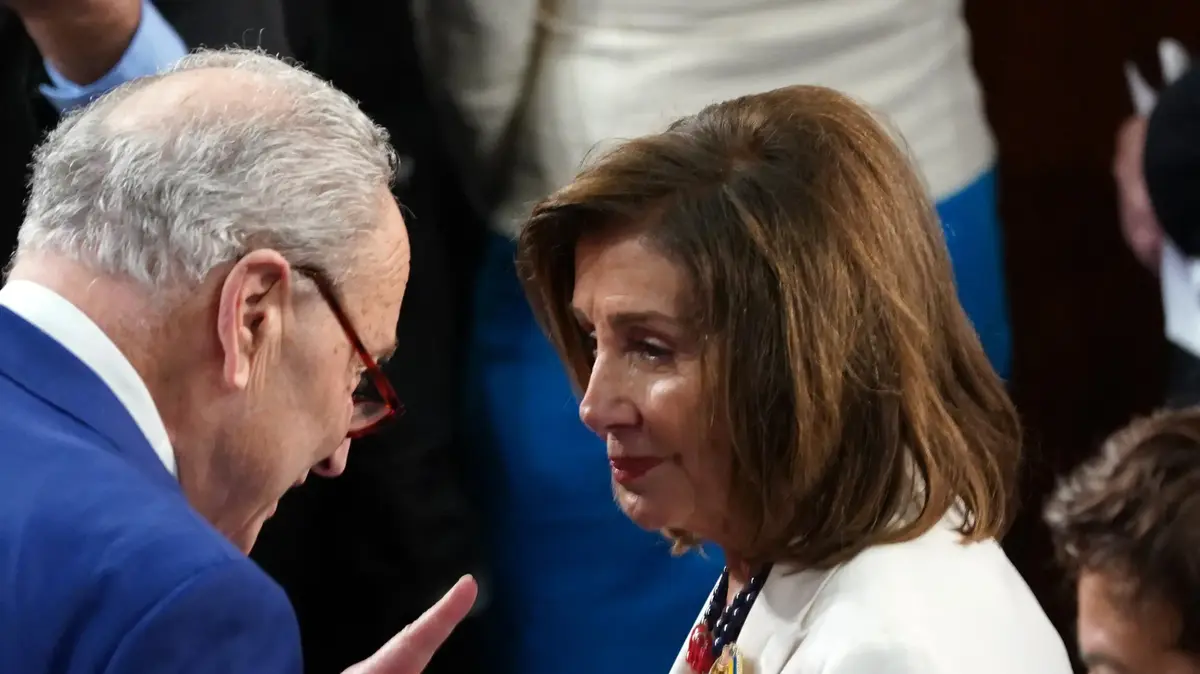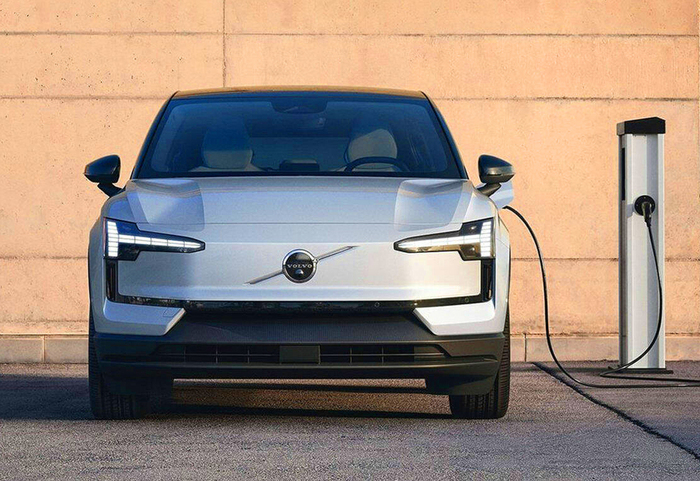Between
Lula
's triumph in 2002 and the second term of
Dilma Rousseff
, which began on January 1, 2015, the region was dominated by a center-left current that contained important differences, from Lula and
Tabaré Vázquez
in Uruguay, to
Hugo Chávez
. In Venezuela.
In this period, which lasted more than a decade, “progressive governments”
benefited from the high prices of the raw materials they export
.
Only Colombia remained outside of this trend, with center-right governments during the first two decades of the 21st century.
Unasur -which brings together the twelve countries of South America- was the political sphere that debated the governance crises that affected several of its countries in this period.
In Argentina, it corresponded to the twelve years of Kirchnerism in power, from 2003 to 2015. Lula was in the region and in the rest of the world the figure that represented the
South American “new left”
, with its nuances and differences.
But the situation changed when
Mauricio Macri
was elected President in Argentina at the head of a center-right coalition.
He put an end to twelve years of a progressive government with a strong personal imprint, represented by the Kirchner couple.
During the four years of this government, the region turned in that direction: towards the center right.
In these four years, in Brazil Dilma Rousseff was dismissed in 2016 and
Jair Bolsonaro
was elected in 2018. In Chile
Sebastián Piñera
returned to power , akin to Macri in political and economic terms.
In Paraguay, after the interrupted government of ex-Bishop Lugo, identified with progressivism, and coincidentally with Macri's triumph, the country returned to its traditional center-right position, represented by the different branches of the Colorado Party.
In Peru, an economist and businessman was elected president,
Pedro Pablo Kuczynski
, a promoter of economic liberalism, who replaced Ollanta Humala, a moderate populist.
In Ecuador, the election of
Lenín Moreno
, former vice president of populist Rafael Correa, ended a progressive government that lasted for a decade, from 2007 to 2017.
In Bolivia, Evo Morales
ruled
, who remained in power for three successive periods, from 2006 to 2019. In November of that year -a month before Macri handed over power in Argentina-
Luis Lacalle Pou
was elected in Uruguay , expression of a renewed center-right.
Only Venezuela, with
Nicolás Maduro
in power, kept its dictatorial model intact during this period.
The triumph of the Fernández-Fernández formula in Argentina in October 2019 began a new turn of return to “progressivism”.
In Bolivia, the controversy in the presidential election that took place at the end of that year ended with the removal of Evo Morales and a brief period of right-wing government of only a few months, after which populism returned to power with a former minister de Morales,
Luis Arce
.
In 2021, Pedro Castillo
, a rural teacher with a Marxist background, was elected in Peru
, oblivious to traditional politics.
In Chile, the violent protests that took place during the Piñera government led to the triumph of
Gabriel Boric
, an emergent of these episodes, who assumes the presidency at the beginning of 2022. Also that year, in Colombia -which in turn suffered protests of this type - for the first time in decades, a center-left leader,
Gustavo Petro
, with a long political career,
won the presidential election .
Ecuador was an exception, since
Guillermo Lasso
, a center-right businessman, was elected President.
Uruguay and Paraguay remained on the sidelines of the new trend towards progressivism.
In the case of Venezuela, the insurgent movement led by
Juan Guaidó
, with a center-right orientation, failed despite having the support of Europe, the United States, and the regional center-right;
After three years of fighting, the Maduro dictatorship managed to consolidate itself.
Now, the Argentine presidential election of October 2023 could initiate
a new return to the center right
.
The cycles of political-ideological dominance in South America, which in the first decade of the 21st century lasted eight, twelve or more years, have given rise, since the middle of the second, to cycles of only four or five years according to the presidential terms of each country.
On the one hand, since 2019 there has been a general
triumph of the oppositions
in the region , as occurred in the last elections in Brazil, Argentina, Colombia, Chile, Uruguay and Peru.
Only the Maduro dictatorship and the Paraguayan government showed pro-government triumphs.
In Ecuador, a candidate who opposed Rafael Correa won more than his successor, Lenín Moreno.
According to this thesis, the center-right opposition would win the Argentine presidential election in October 2023.
But at the same time, the region's electoral turn toward the center-left is taking place, according to which, if Argentina enrolls in it, the turn toward progressivism that the region has been showing would not be interrupted.
There are nine months left for the Argentine election and many things can happen.
But an economy with
inflation close to 100% per year makes it difficult, although not impossible, for the Government to win
.
The Argentine presidential election will also show whether the western version of the contestationary right - which came second in Colombia, Chile, Peru and was defeated in Brazil in 2022 - is still viable with the candidacy of economist Javier
Milei
.
For now, the referendum in Ecuador has confirmed both the defeat of the ruling party and the trend favorable to progressivism, as former President Correa's party prevailed in the local elections that were held simultaneously.
In conclusion, the Argentine presidential election will define whether the trend towards electoral victories for progressivism is maintained, or the defeat of the ruling parties, which in this case are contradictory.
But ultimately it will be defined whether or not Argentina is again the beginning of a political-ideological turn in the region, as happened in 2015.
Director of the Union Study Center for the New Majority
look too
The region facing 2023: Lula, key
praise of moderation





/cloudfront-eu-central-1.images.arcpublishing.com/prisa/BBJE3CUDOBH7REFFA5D6T47C2U.jpg)



/cloudfront-eu-central-1.images.arcpublishing.com/prisa/NRB5GCMSVJHGXBVC62EHBWD2VQ.jpg)